
Pfizer devotes $150 million to neuroscience in venture capital funding increase
The company, which cut 300 neuroscience R&D jobs in January, is making the funding a centerpiece of its $600 million VC boost.

The company, which cut 300 neuroscience R&D jobs in January, is making the funding a centerpiece of its $600 million VC boost.
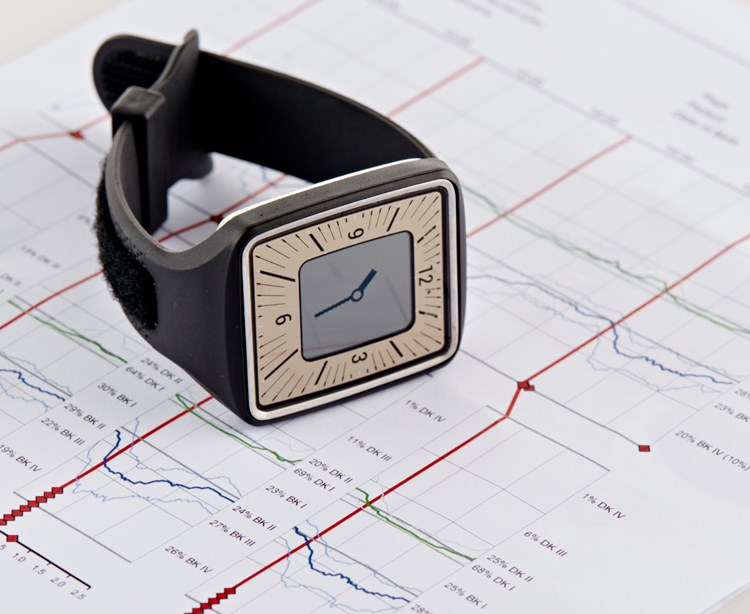
The funding is aimed at commercializing the device in the U.S. and other markets, according to the company's website citing The Australian Financial Review.

Viz.AI's product uses a form of artificial intelligence to analyze computed tomography images of the brain to detect signs of a stroke.
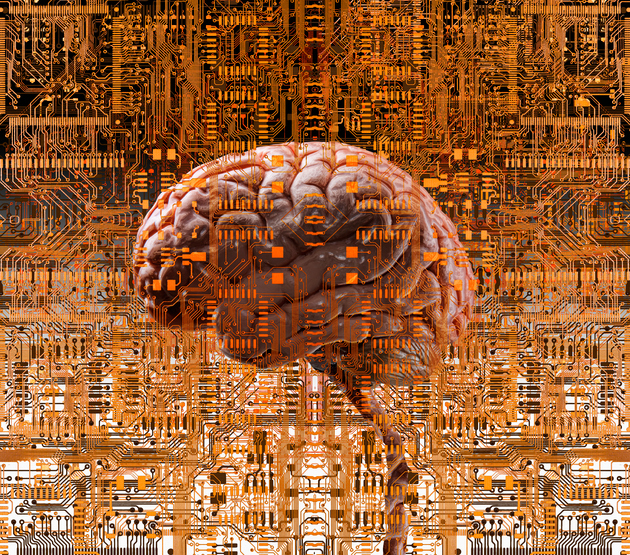
Through its Neural Engineering System Design program, DARPA is sponsoring research into a new generation of technologies that could better enable communication between devices and the brain.
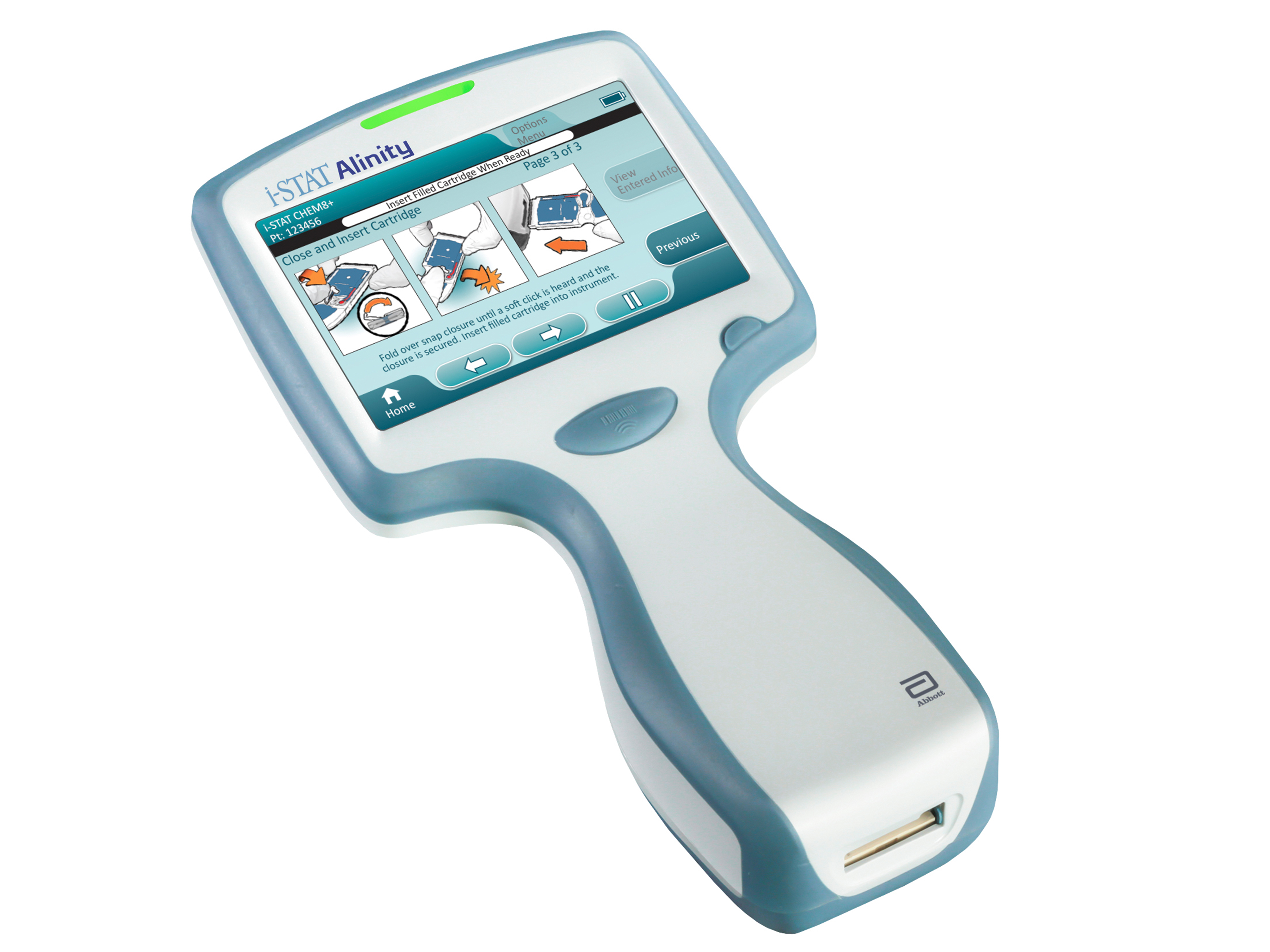
Assessing mild traumatic brain injury with a blood test could be tremendously useful for the military. More than 360,000 service members have suffered a TBI since 2000, and diagnosing them has often been inexact

Companies developing deep brain stimulation and other neurostimulator technologies that can control and communicate signals to and from artificial body parts (i.e. limbs, eyeballs) are the latest players in the medical device sector.

Researchers at NYU’s Langone Medical Center and other institutions have test-driven a new approach to mitigate multiple sclerosis (MS) symptoms, combining transcranial direct current stimulation (tDCS) with cognitive training.
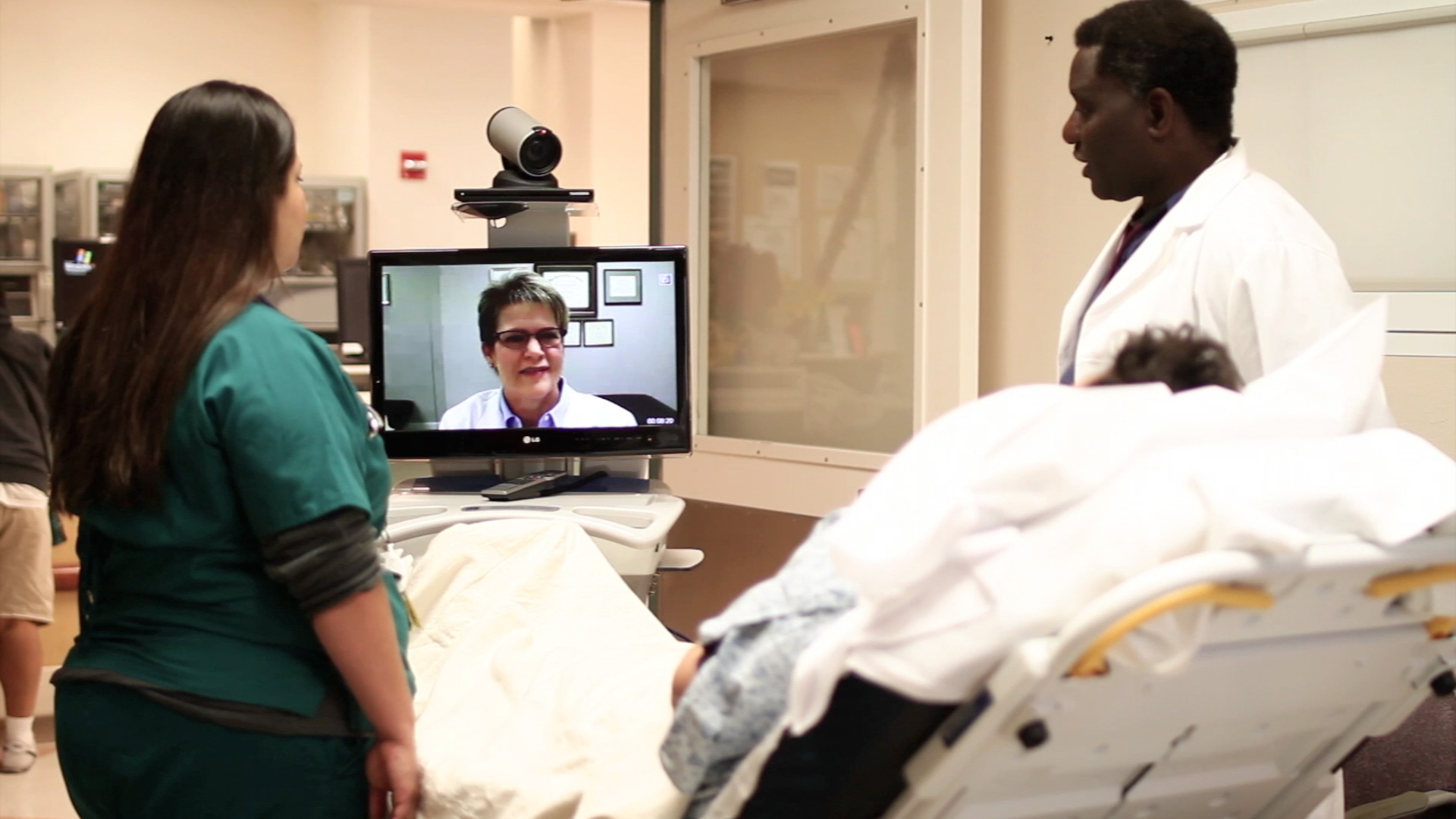
The deal comes five months afterSpecialists On Call announced $50 million in new funding. At the time, the company said it would take some of the money to look for acquisition opportunities.
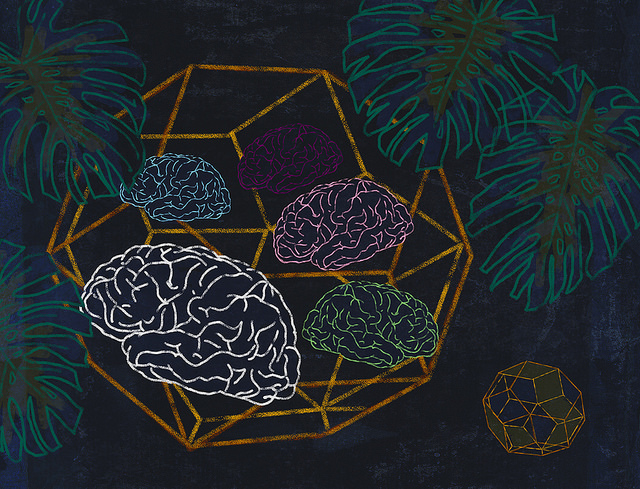
At the center of the scientists' concerns is the lack of studies of transcranial direct stimulation at the frequencies many end users experiment with — for example, stimulating daily for months or longer.

Also, Bob Abraham, Pfizer's head of oncology research and development, talks about the ups and downs of drug development and Philadelphia becomes the first major city to pass a soda tax.

This webinar will explore how a banking platform approach could be the resource for your company.

In an investigation published Sunday, The Austin (Texas) American-Statesman could find no specific case of someone being charged with fraud related to neuromonitoring, but payers and regulators are concerned.

NorthShore built structured clinical decision support toolkits into the Epic EMR to capture discrete data for 10 specific neurological disorders. The next step is to build a neurology research network among like-minded health systems.

"Cyborg brains," in the form of brain implants, are in development at the University of Southern California.

New, wearable technology not only helps monitor symptoms automatically, it may be able to predict seizures and disease progression in patients with neurological disorders.

More complex understandings about the connection between brain activity and emotional responses could lead to better mental healthcare.